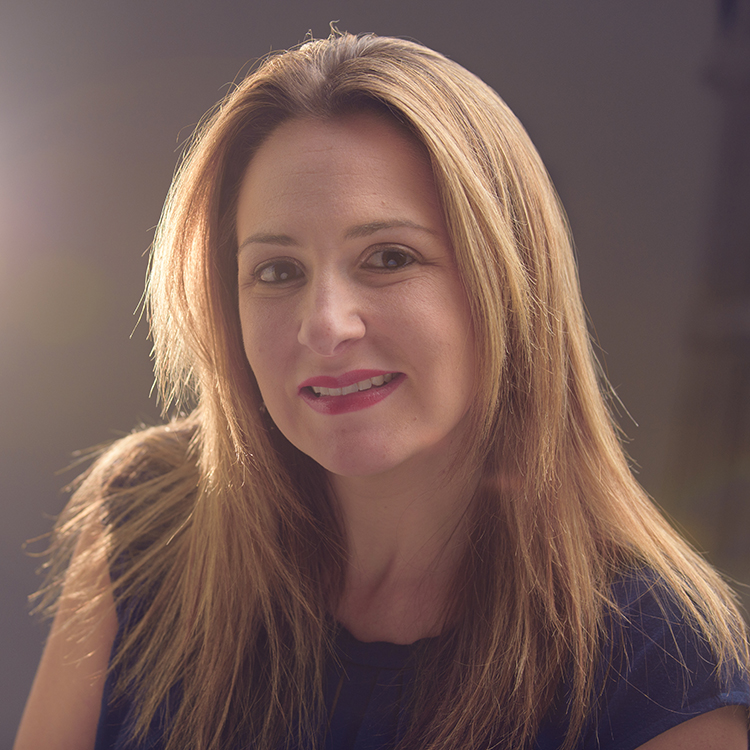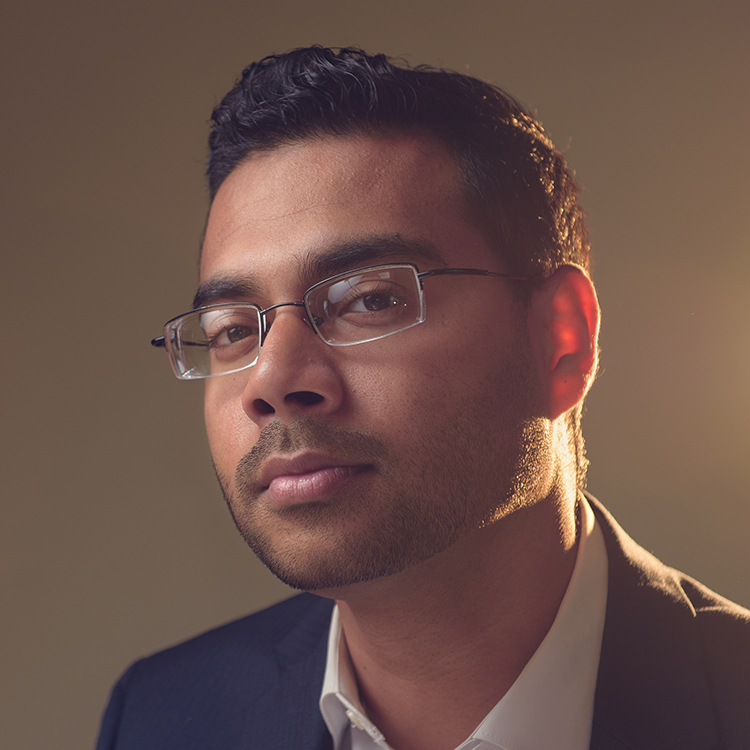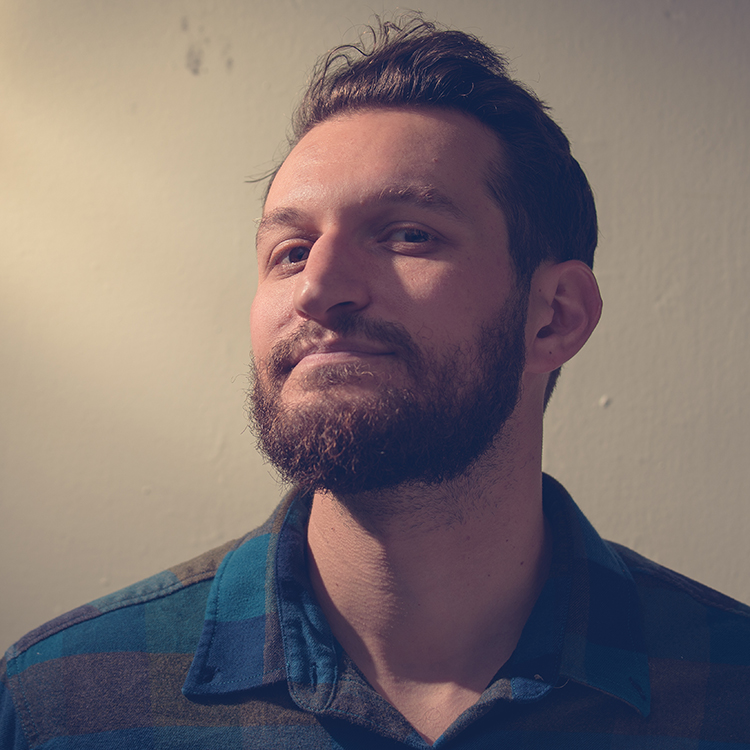Around 20 years ago, I was in San Francisco, attending a music conference as a publisher of magazines for independent record stores. The music industry was awash in money, and Warner Bros. was famous for throwing the most decadent parties. This particular year, they had rented the entire island of Alcatraz, the infamous prison, and transformed the space into a venue for fancy food and live music.
Getting to the island required a boat ride, and on the way, I was sitting next to a group of people from the record label, including a young woman of color who would be performing that night. People introduced themselves, and I met the artist.
Within seconds of meeting her, I told her that I had an awesome writer on staff who focused on R&B and hip-hop, and that I would definitely make sure he got a copy of her record. She looked at me blankly for a second, and then she said, “I do pop music.” Immediately recognizing what I had done, I said, “Sorry, that was a stupid thing to say.” Someone from the label quickly jumped in, and gracefully said, “That’s why we have her out performing here tonight, so everyone can see what she’s all about.”
I worked for many years in a record store, and I love to talk about music. My proudest moments were when I surprised a customer by connecting with them on their interest in music.
Why, oh why, didn’t I ask her the rock-journalist standby question: “Who are your influences?” I can’t imagine an equivalent scenario where I would be so presumptuous with a white person. Why did I shut down this person’s possibility, her humanity, and blurt out something so confining? What was I thinking?
Black people, people of color, don’t need to see more traumatic videos to confirm that our country is poisoned by white racism. While some white people may be shocked by these episodes of racism, many people of color are not. They don’t need further evidence that there is a serious systemic problem that needs to be acknowledged.
If there’s one thing that seems to be consistent in the messages of black leaders, it’s that they really want to talk about race. Whether it’s Cornel West, George Yancy or Jay-Z, they all say that this issue will not just naturally resolve, that we need to have uncomfortable discussions or, in the words of Chimamanda Ngozi Adichie, “If you don’t understand, ask questions. If you’re uncomfortable about asking questions, say you are uncomfortable about asking questions and then ask anyway. It’s easy to tell when a question is coming from a good place. Then listen some more. Sometimes people just want to feel heard. Here’s to possibilities of friendship and connection and understanding.”
This month we’re introducing a new column by Akbar Hossain called Access to Justice. As a first-generation Muslim immigrant from Bangladesh and an award-winning Penn law student, Hossain’s perspective is unique. His column will draw from his own personal experiences, the speed bumps and hindrances he has experienced or witnessed that keep people of color and immigrants from receiving a fair deal.
I admit that I feel apprehensive as I write these notes. Am I going to say something stupid again, like I did that night on the boat? In the face of a society that is rife with social injustice and inequality, it seems like a risk worth taking.
Alex Mulcahy
Editor-in-Chief
alex@gridphilly.com







Alex, I admire your bravery. I don’t think this is an easy thing to write about, but it is real and important. Thank you.
He took a good chance. He is a very good writer! Just noticed his June column, was googling his name, then saw this …l